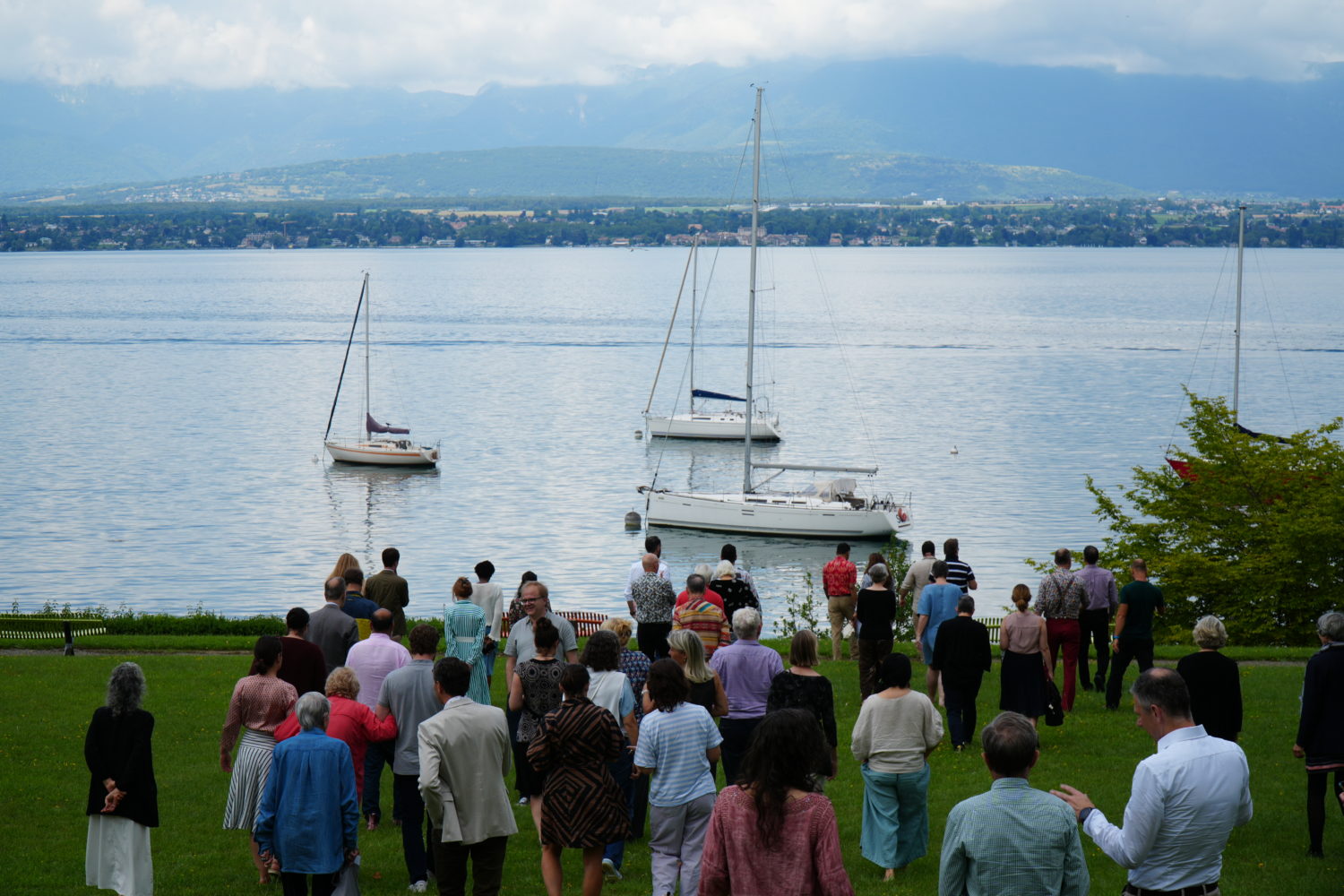
“Maintaining democratic equality in an era of exploding health care costs: Is the single-tier ideal in health systems obsolete?”
Brocher Summer Academy on Global Population health, 2025
From Monday 9th of June 2025 to Friday 13th of June 2025.
The Brocher Call for Proposals: Summer Academy on Global Population Health 2025 is now open! This summer academy offers a unique opportunity for researchers and experts to come together and explore key global health challenges. Submit your proposal now and contribute to the scientific discussions shaping the future.
Please click here to submit your application. The call will close on Monday March 17 at 3:00 pm (Geneva time).
People in societies that are genuinely democratic need not have the same income or other resources. What matters is that everyone has the same basic status. For example, each adult citizen gets to vote, and none gets more than one vote. No one must sit at the back of the bus. All are considered equal before the law.
In contemporary political theory, the term for societies with equal fundamental status is “democratic egalitarian”. What are the implications of democratic egalitarianism in the healthcare system? Can it serve as a guiding ideal in population-level bioethics? In some cases, such as racial segregation in hospital wards, it is clear and obvious that democratic egalitarianism is absent in a health care system. But what about societies in which decent routine care is universally provided, but very expensive treatment is available only to the more affluent few? Or societies that aspire to one-class, comprehensive care to all within their health systems, but where serious disparities in healthy life expectancies persist due to social determinants of health? And what about different care or different health statuses for citizens and for recent immigrants or temporary workers?
Interestingly, even societies that accept different tiers for members of different insurance schemes tend to pay at least lip service to the ideal of treating everyone’s health with equal seriousness. The higher tiers of service are deemed to have merely better amenities. But might multi-tiered healthcare systems, “in which wealth grants some patients access to medical services that others with the same needs cannot obtain” (Krohman and Emanuel 2009), be defended, e.g. when they help incentivize greater economic productivity or the rollout of new technology, which often becomes available universally only after an initial period of exclusive availability to the rich (Deaton 2013)?) And should we expect multi-tiered healthcare systems to be the rule rather the exception in low-income countries, where only basic care can be offered on a universal basis? For who could expect the well-to-do to refrain from seeking and obtaining high-cost care when they need it? Should democratic equality be understood as an aspiration suitable only to wealthy societies – or perhaps only to the wealthiest? And with the costs of care rising inexorably, driven in part by the development of new drugs and other treatments whose patent-holders demand enormous payments, will democratic equality become an unaffordable luxury everywhere?
Decades after democratic equality became a mainstream view in political theory, these questions of practical translation remain strikingly underexplored, certainly in population-level bioethics, The 2024 session of the Brocher Summer Academy in Global and Population Health will try to greatly sharpen the implications of democratic egalitarianism in national and global healthcare, public health, and health research. Rather than resting on the uncritical assumption that some consistent sharpening is possible, we will keep open the possibility that none succeeds. And rather than take existing care disparities for granted, we will keep open the possibility that basic elements of how national and international care is currently organized are intolerable. We will distribute in advance 3 cases drawn from varying levels of economic development that it would be valuable for contributions to consider.
Brocher speakers:
| Philip Pettit, Politics and UCHV, Princeton U. | Ezekiel Emanuel, Health transformation ethics, UPenn. |
Other speakers:
| Nir Eyal, public health and philosophy, Rutgers U. | Kasper Lippert-Rasmussen, political science, Aarhus U. |
| Samia Hurst, bioethics, U. of Geneva | Ole Norheim, public health, Harvard U. & U. of Bergen |
| Dan Hausman, philosophy, Rutgers U. | Michael Otsuka, philosophy, Rutgers U. |
| Jan-Christoph Heilinger, Philosophy, Witten/Herdecke U. | Adina Preda, philosophy, Trinity College Dublin |
| Deborah Hellman, law, U. of Virginia | Bastian Steuwer, Political Science, Ashoka U. |
| William Hsiao, economics, Harvard U. | Daniel Wikler, public health, Harvard U. |
| Karl Lauterbach, Federal Minister of Health, Germany | Alicia Yamin, public health and law, Harvard U. |






